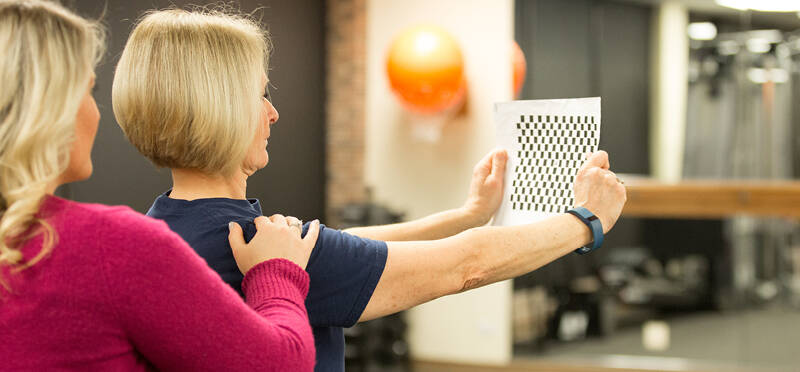6 Conditions You May Not Realize Physical Therapists Treat
Posted on October 1, 2013 by Athletico
Every year in October, we celebrate National Physical Therapy Month. There are many individuals that have seen a physical therapist...
(more…)







